Importance Of Music Licensing
‘Royalty-free music’ or ‘production music’ is the most general term used to describe music licensing in Australia. For the express aim of being utilised in another project, this music was developed and recorded. The music may then be licenced for usage in any project for a price. music licensing in Australia is very popular.
For commercial music, I’d want to know.
Any other performance than a personal or private one is prohibited from commercial music played by musicians in Australia. The song or music track you purchase on CD or MP3 has a restriction that says you may only use it to listen to it. There are no exceptions to this rule, even broadcasting it to hair shop clients on the radio.
A public performance licence issued by the country’s proper performing rights organisation is necessary before commercial music is played in public. Pr or PPL may be used in the UK. BMI or ASCAP are two options in the US and Canada. Some of these organisations charge a fee to the company owner according to their business’ size or location. This may be costly and time-consuming, but it does allow the company to play the radio to its consumers without any legal complications, so it’s worth it.
The use and purpose of music in video and cinema are not the same. Hence this is not an appropriate approach. Because so many video production firms create material for other people’s consumption, they require music that has been approved for use as a background track. When commercial music licensing in Australia, the process of obtaining a licence for internet, public performance, in-store, and mass distribution rapidly becomes costly and confusing.
The licensing of well-produced music with all of the necessary rights for the customer is straightforward and inexpensive with royalty-free music.
Who cares whether music is licensed or not?
Anyone who intends to publish digital work online or in public. That’s all there is to it. The only music you have composed or licensed from a music library may be used lawfully.
Home movies and personal projects are also examples of what?
If you’re doing a home movie or a personal project, you may utilise commercial music since you’re not making it for profit or on behalf of a client. However, if you post this footage to social media sites like Facebook or YouTube, you run the risk of it being restricted or destroyed outright in some regions. This is because commercial artists and record companies agree to monitor the material used on these sites, and they may enforce appropriately… The employment of commercial musicians and record labels for advertising is commonplace. An ad will be inserted into your video as a preroll, overlay, or half-time break in exchange for permission to use their music track. Creating something “for enjoyment” should not be a problem if you do it yourself.
Commercial music in a professional video has several drawbacks.
A client may wish to incorporate a currently popular song in their video because it appeals to their intended audience or believes it symbolises their company or brand. However, as previously said, this might result in an instant block or deletion, as well as other consequences such as account suspension. If the video isn’t restricted or removed, advertising will be shown in place of the original content.
You don’t want your customer to have to deal with this. When you make a video to promote a product, you don’t want viewers to see commercials for the company’s competitors before the video even starts. This diminishes video and brand potential.
Is there a reason to pay for royalty-free music?
There are three main reasons why licensing music properly is so critical.
- Use music that will not be vulnerable to copyright claims, blocks, or deletion if posted online. 1. In other words, you won’t have to worry about any music-related concerns while delivering your finished project to your customer.
- It is possible to monetise the material you create. If you’re creating material for your own YouTube channel, you’ve probably already been accepted into the partner programme, which allows you to make money from adverts that appear on your videos. If the music isn’t licenced, you won’t profit from these adverts since the money will go directly to the artist or producer of the song. Obtain a music licence, pay for it, and profit from it. Simple.
- The next step is to give your video a name, regardless of whether you’re working on a project for a client or yourself. It’s more likely that your audience than your own words will remember a well-known commercial song if you employ it as the background music. You may, however, provide an entirely new and fresh audio/visual bundle if you generate excellent video material and licence the ideal music track that has never been heard before.
How many other people are making use of it?
When it comes to free music, you won’t be alone. As a result, free music is a need for those making entertainment just for their amusement. Does it make sense for you to use the same free music track as everyone else in your project for a customer paying for your services? If it’s free, there’s a good likelihood that many people will use it.
With licensed music, what may I do?
I’ll do anything you desire. All of these options are possible when it comes to music licensing. To meet your individual needs, you may licence music for a specific purpose and customise it at any point in time.
To use music in your professional work, it is recommended that you get a licence to use royalty-free music. Typically, a one-time licensing price per track for lifetime use is charged for general internet music distribution.




